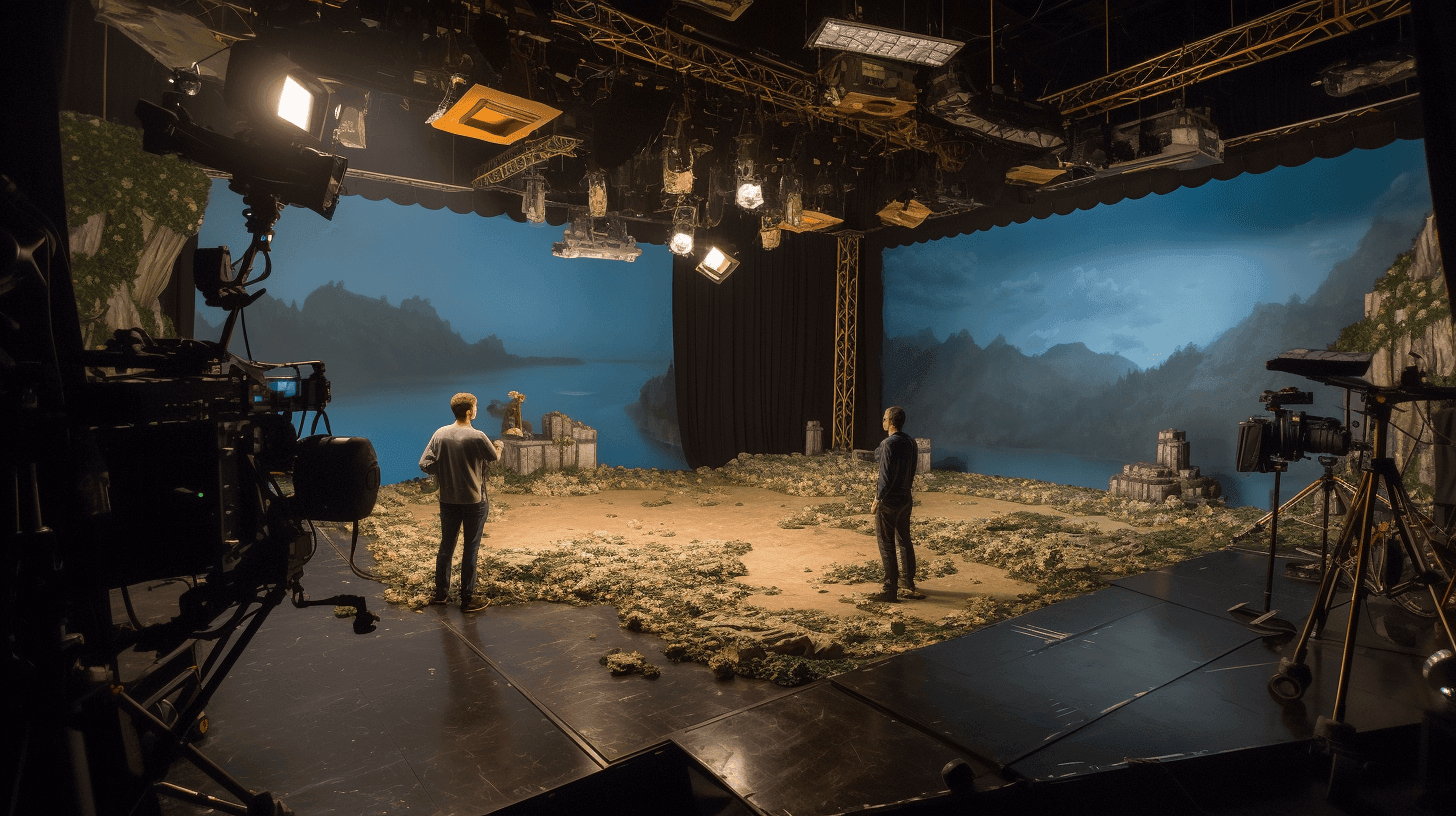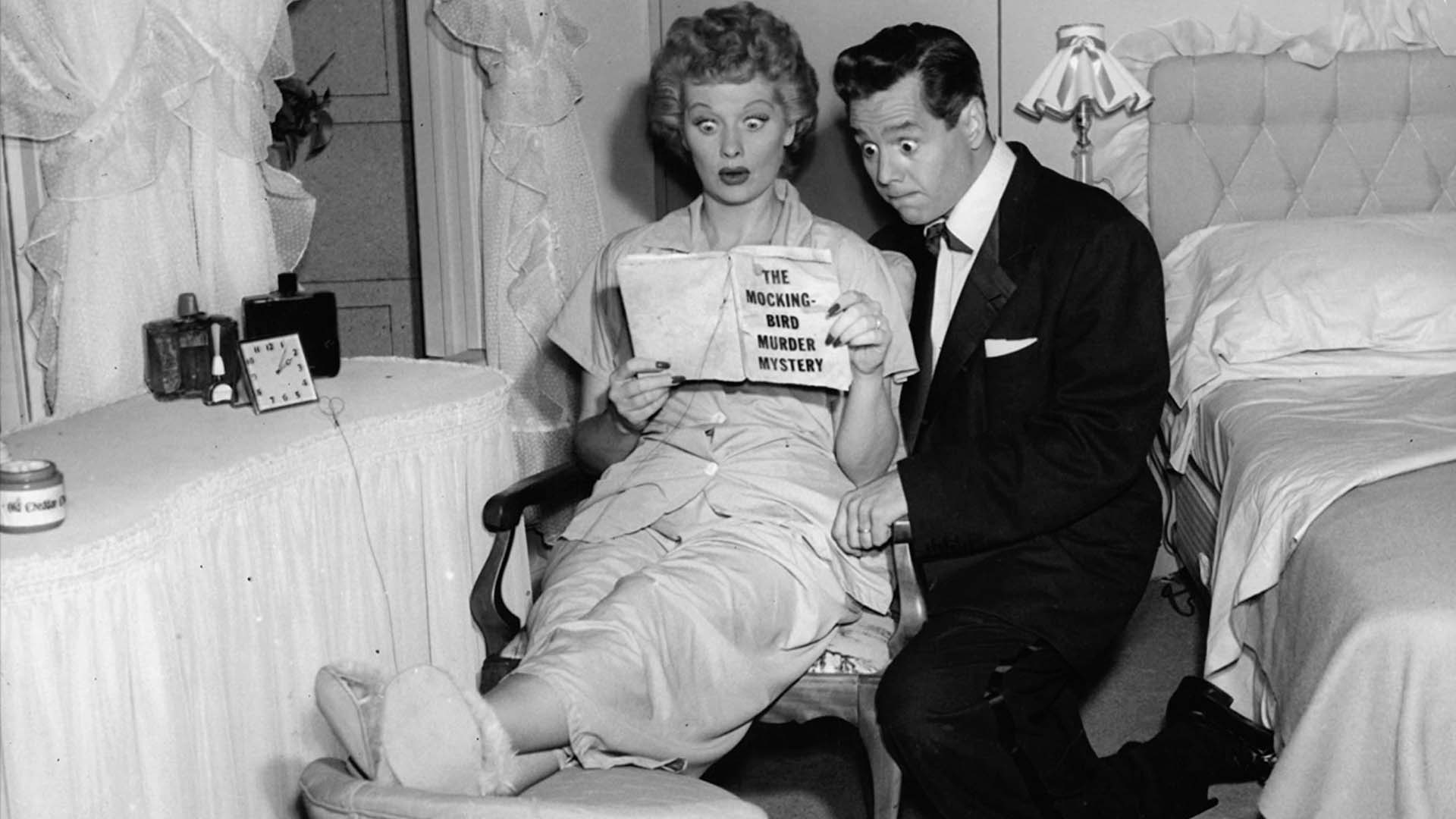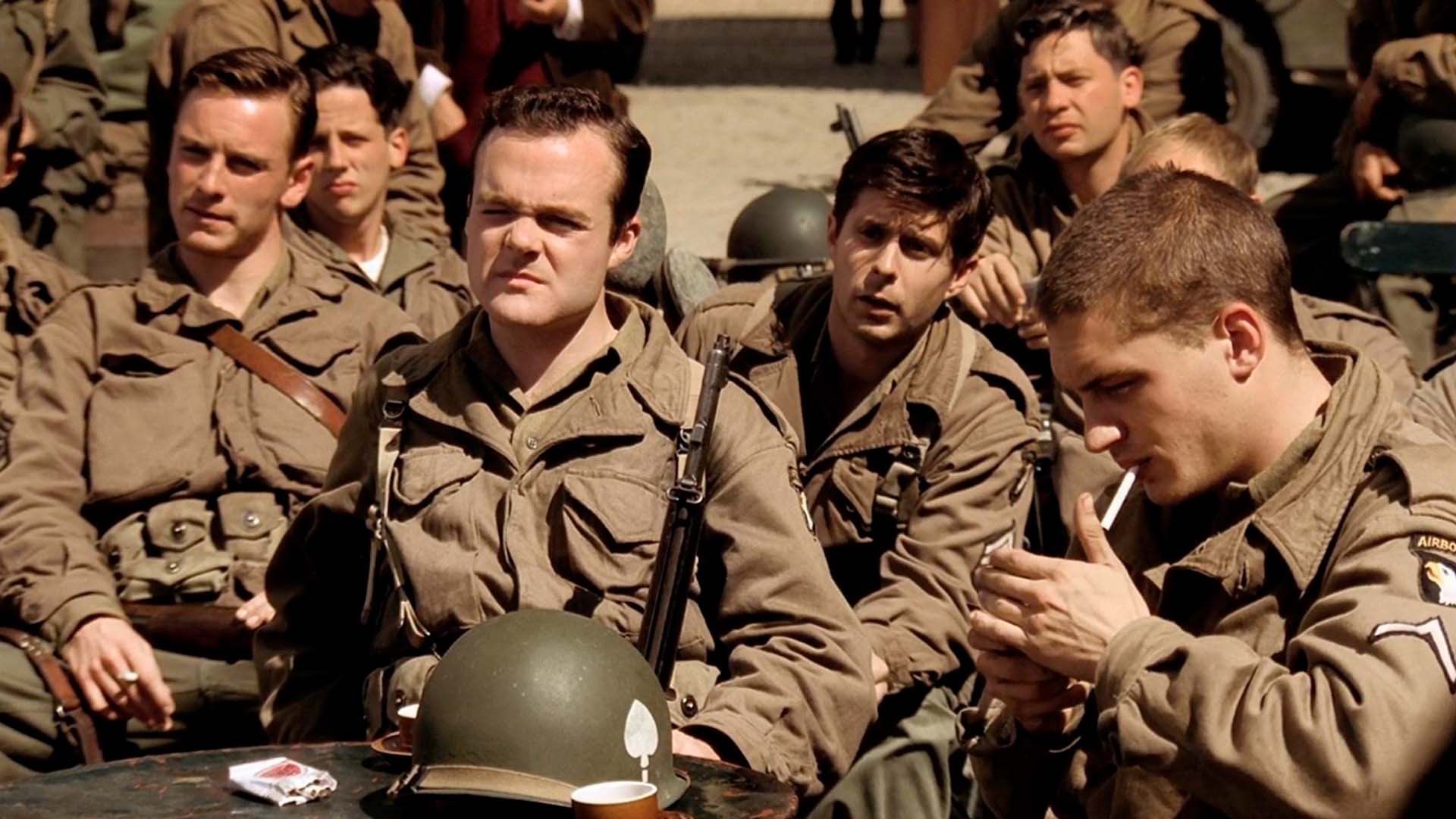Scheduling for multi-camera productions: Overcoming challenges and implementing best practices
In the world of film production, efficiency is king. There's a certain magic in coordinating a multitude of elements to create a seamless narrative.


One area where this is particularly evident is in multi-camera productions. With multiple cameras, a different set of rules apply, making scheduling a challenge that requires a deep understanding of production dynamics. However, the end result - the ability to capture different angles simultaneously - is often worth the added complexity.
Understanding multi-camera productions
Multi-camera productions, typical in television shows, live events, and some film genres, involve using multiple cameras filming simultaneously to capture multiple angles or perspectives. This approach offers a number of advantages, such as saving time by eliminating the need for multiple takes from different angles. It also allows for more natural interaction between actors, as they can react to each other in real time.
The multi-camera setup has a rich history. As early as the 1950s, "I Love Lucy" capitalized on the benefits of multi-camera shooting, pioneering the format in the realm of sitcoms. This paved the way for the modern television landscape, where multi-camera productions are now an industry standard.

Challenges in scheduling for multi-camera productions
However, coordinating a multi-camera production is no small feat. From synchronizing the shooting schedules of multiple camera teams to ensuring that lighting and blocking work for all camera angles, the challenges in scheduling for multi-camera productions can be significant.
Take, for instance, the historical mini-series "Band of Brothers". It utilized a multi-camera setup to capture the intense and chaotic scenes of war. However, coordinating the multiple cameras, large cast, and numerous extras presented a significant scheduling challenge.

Best practices for scheduling in multi-camera productions
Despite the challenges, there are strategies to ensure efficient scheduling in multi-camera productions:
- Detailed Planning: Pre-production planning should be meticulous, with every scene broken down in detail. Which scenes will require multiple cameras, and which angles will each capture? A detailed shooting schedule, accounting for setup and breakdown times for each scene, is also crucial.
- Communication: Clear communication across all teams – from the camera operators to the actors and the lighting crew – is key. Everyone needs to be on the same page about what is being captured and when.
- Flexibility: Despite the best-laid plans, changes are inevitable in film production. It's essential to build some flexibility into the schedule to account for unexpected challenges.
- Efficiency Tools: Leveraging tools that enhance efficiency can significantly aid in scheduling. Software solutions designed to streamline the scheduling process can be a lifesaver in multi-camera productions.
Conclusion
Mastering the scheduling process for multi-camera productions is a significant but surmountable challenge. It requires a solid understanding of the unique demands of multi-camera shoots, a commitment to meticulous planning, clear communication, and the flexibility to adapt to changing circumstances.
In this regard, using intelligent software solutions, such as Filmustage, can prove invaluable. Filmustage's innovative shooting scheduling feature is designed to handle the complexities of multi-camera productions, ensuring all angles are covered efficiently. The platform allows for real-time updates, facilitating effective communication and quick adjustments when necessary.
By embracing these best practices and utilizing advanced tools like Filmustage, you can ensure your multi-camera production runs as smoothly as possible. The successful orchestration of multi-camera productions stands as a testament to the power of efficiency and coordination in film production. With the right approach and tools, you can turn the challenge of multi-camera scheduling into a triumph of organization and creative energy.
From Breakdown to Budget in Clicks
Save time, cut costs, and let Filmustage’s AI handle the heavy lifting — all in a single day.